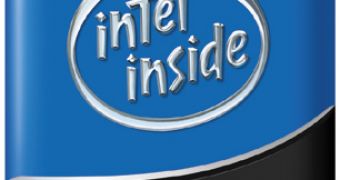HP has made quite a fortune from selling Intel Itanium-powered servers. That is why the company should be worried, as rival IBM predicts that the chip manufacturer will phase the Itanium processor in the near future, as it tends to be less and less competitive on the market.
"The end of life for Itanium will occur in the next five years," IBM VP Scott Handy said. "(HP) will have to announce some kind of transition". IBM is engaged in a tight competition with both Intel and AMD, so this type of statement may seem a normal "commercial negative review". But it seems that IBM has been the worst rival of the Itanium processor ever since the Big Blue sold its own Itanium-based servers.
IBM continues mocking at the Itanium series as its Unix sales are blooming. Gartner states that these sales fueled IBM's revenue up to six percent. The computer giant has managed to steal important clients from both HP and Sun, and this is only the beginning, as the manufacturer continues to roll out the new Power6 server class.
"We can beat HP or Sun with our previous chip the Power5+," he said. "We're in the unique position of being able to play the market with both chips and provide discounts when we want." Of course, Sun and HP strongly disagree upon this, as the former also enjoyed increased demands for its UNIX-based servers and even outpaced IBM's growth with 1.3 percent.
HP also got substantial revenue from its Itanium server business, but Intel's latest version of Itanium, code-named Montvale, proved to be one of the most unimpressive upgrades in the processor business. Moreover, HP customers will have to wait for an improved version of the processor that is likely to arrive later this year.
"We know what a business case looks like and how much business you need," Handy said. "There is not enough business to afford Itanium. So, they have to find other spaces for that chip or find another chip or it's going to be a sinkhole."

 14 DAY TRIAL //
14 DAY TRIAL //